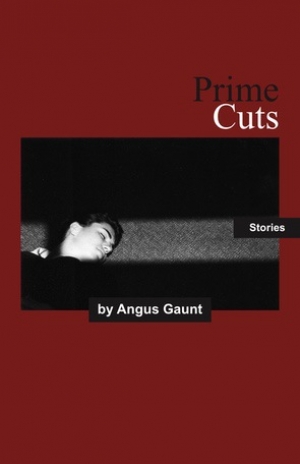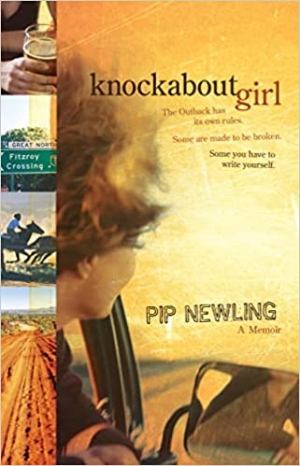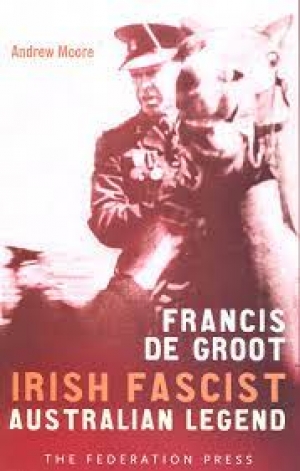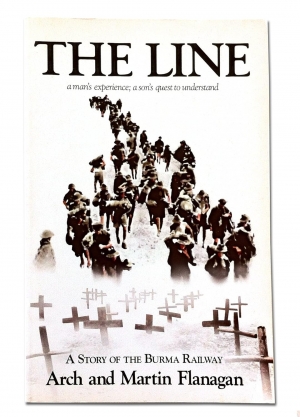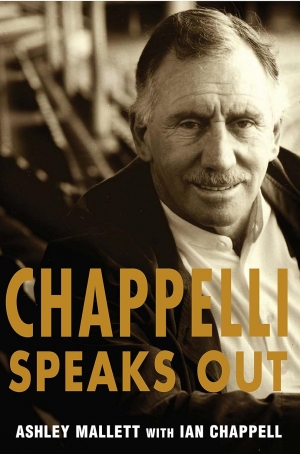Dan Toner
'These stories were all written on the 7.22 between Normanhurst and Central,’ reports the author. I find it eminently pleasing to learn that a writer is so driven to create that he will suffer through even the lurching ignominies of train travel to get words on the page. It speaks of a higher purpose, one that most commuters, hard-wired to their iPods or up to their eyeballs in Sudoku, will never recognise. So, hats off Mr Gaunt, for bucking the trend. His stories – there are three in this collection – all bear the mark of a writer with an instinct for narrative; they are the right shape.
... (read more)‘The stories you will read in this book have been written primarily from memory and many years after the fact. Everything within these pages is true in essence, polished by how I experienced it and as I remember it.’
Presented in three parts on a canvas of time and distance, Pip Newling’s first work of non-fiction recounts her time as a barkeeper in two remote northern Australian communities, Halls Creek and Mataranka. Blondie, as she comes to be known, is a restless and strong-willed 23-year-old in 1990, when she sets out to find ‘the real, the experience, the education’. These towns – communal outposts where race, sex, heat, isolation and desperation collide – are well equipped to provide them. Newling relates her experiences through a series of vignettes, full of memory’s spaces and slippages, but with a definite temporal dimension, a sense of time traced. Such is their impact, the stories probably didn’t need a gifted writer to bring them to life.
... (read more)Dan Toner review ‘The Champions: Conversations with great players and coaches of Australian football’ by Ben Collins
In the wake of another season gone begging for many, it is stabilising and somewhat corrective to immerse oneself in the wisdom of some of Australian Rules’s greatest exponents, as collected here by Ben Collins. These men, mostly ex-players, have obviously thought deeply about the game since they left it, and have examined their lives for what it truly meant to them. What emerges is a catalogue of dedication, sacrifice, perseverance and gratefulness, a testimony to the power of passion. Legend after legend offers a glimpse of the possibilities that committing to a dream can awaken, a lesson that is not confined to aspiring footballers. Having said that, there are many pearls here for young men entering the game, the demographic that will probably benefit most from reading The Champions.
... (read more)Dan Toner reviews ‘Francis de Groot: Irish fascist Australian legend’ by Andrew Moore
There was a time in Australia when right-wing citizens of this country were passionate and organised enough to bring the left-led state of New South Wales to the brink of civil war on political grounds. This violent opposition was led by rebel elements among ‘as many as 30,000 members’ of a conservative and ‘formally constituted civilian reserve’ known as the Old Guard. Impatient with the staid organisation, they had forged a more militant collective under the guise of the New Guard. One of the major players in this evolution was Captain Francis Edward De Groot, an antique-dealer and reproduction furniture manufacturer from Ireland, whose ambition and taste for adventure had led him to Australia. De Groot went on to star in the most famous scene of this political drama and to carve his name into Australian popular myth by usurping Premier Jack Lang as the ribbon-slasher at the opening of the Sydney Harbour Bridge.
... (read more)Dan Toner reviews 'The Line: A man’s experience; a son’s quest to understand' by Arch and Martin Flanagan
This book is a double-barrelled memoir, its two authors providing, at heart, a first- and second-generation account of the Burma Railway and its resonances down their line. It’s arc is wider though, and it’s preoccupations more universal, than a simple family history, if there is such a thing. Arch Flanagan, the patriarch and veteran, contributes five pieces, two of memoir, two short stories and an obituary. Martin, son and searcher, intersects these texts with a narrative of his own, alternately probing the spaces and interrogating the players of this history.
... (read more)Dan Toner reviews 'Chappelli Speaks Out' by Ashley Mallett (with Ian Chappell)
In his introduction to Chappelli Speaks Out, Ashley Mallett relates how he realised early on in the project that he would need to step outside the bounds of traditional biography in order to do justice to his old mate. His variation on the genre, not entirely revolutionary, is to insert passages of direct quotation into the body of the text, literally allowing Ian Chappell to address the reader.
... (read more)
